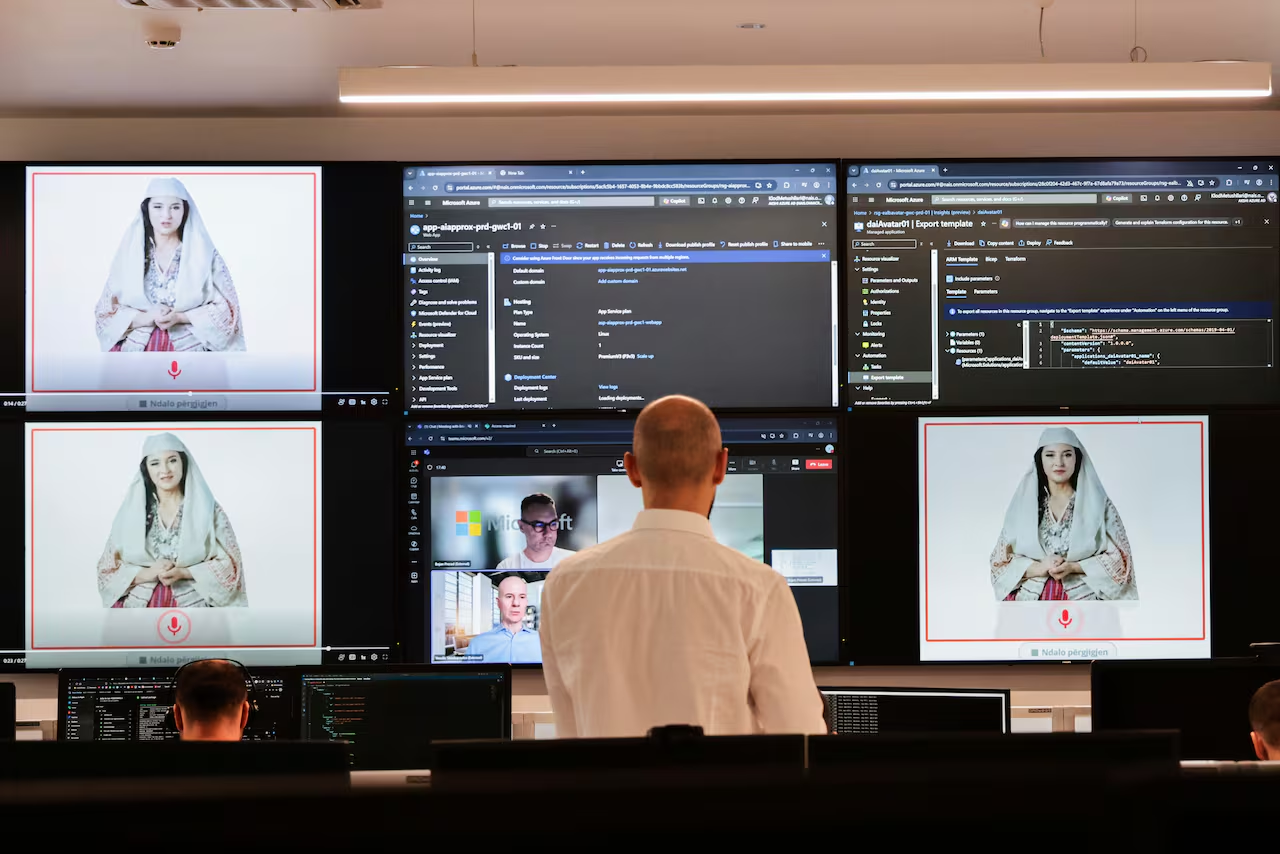September 22
CWI supports UN with AI to filter sensitive data from crisis platform
Researchers at CWI developed an AI method with the United Nations to filter sensitive information from the Humanitarian Data Exchange platform, improving protection of humanitarian data against misuse.
The United Nations’ Humanitarian Data Exchange (HDX) platform hosts over 19,000 datasets from 254 crisis areas worldwide. Governments upload information on conflicts, disasters and humanitarian crises, providing essential data for coordinating aid. However, such datasets can also contain sensitive details that pose risks if exposed, such as hospital coordinates in conflict zones.
CWI researcher Madelon Hulsebos and AI master’s student Liang Telkamp developed a new method to detect and filter sensitive information. Their approach introduces the concept of ‘contextually sensitive data’: information that becomes sensitive depending on time, place, or situation. This perspective goes beyond personal data, acknowledging that context determines the potential harm of disclosure.
Previously, the UN relied on Google DLP, which was less accurate and produced many false positives. The new AI-based approach leverages UN guidelines and Large Language Models (such as GPT-4 and Qwen) to assess datasets. The results were striking: while Google DLP detected 63 percent of sensitive personal data, the new method reached up to 94 percent. False positives were also halved, significantly reducing the workload of Quality Assurance Officers.
Explainability proved another strength: the AI models provided reasoning for why certain data were flagged, making outcomes more reliable and actionable.
The UN has decided to integrate the mechanisms into the HDX platform. In October, Hulsebos will present the results at a UN meeting in Barcelona. Beyond the UN, the approach could be applied to public cloud platforms and open data portals that handle vast amounts of information, ensuring safer data sharing in contexts where such datasets are also used to train AI models.
Read the full article on the CWI website.
Vergelijkbaar >
Similar news items

September 23
Albania’s AI minister Diella: innovation, symbolism, and the risks in between
read more >

September 22
CWI supports UN with AI to filter sensitive data from crisis platform
read more >

September 18
€3.8 million for AI research on accessibility in Dutch cities
read more >